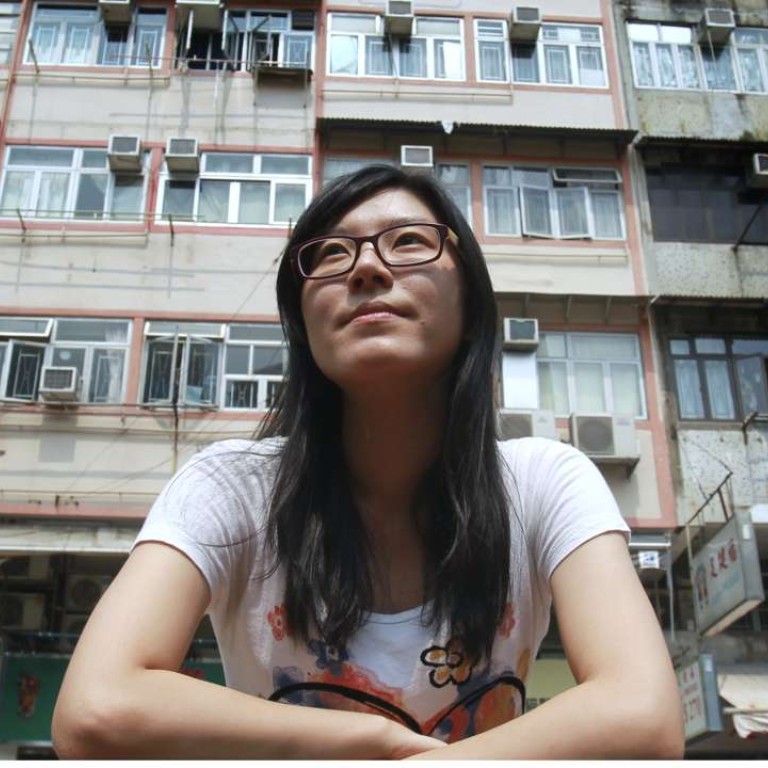
Third of Hong Kong’s poorest children ‘going without regular meals of meat or fish’
Critics say government must do more to help households below poverty line, such as easing requirements for subsidies
More than one in every three children in Hong Kong’s low-income families are unable to have two meals a day with meat or fish, among other poverty-related deficiencies, a local non-profit found in a new survey.
The findings reflect the struggles many children in poverty face in their daily lives and within the education system, prompting the Alliance for Children Development Rights to call on the government for changes such as introducing child-based subsidies and allowances.
“Nowadays, children’s poverty is very serious in Hong Kong, but our government has not [had] a very good approach,” community organiser Ho Yu-ying said.
At the end of 2016, the non-profit surveyed 206 families, who made an average of HK$13,462 per month, and found that many low-income households lacked basic dietary, clothing, and living necessities.
The poverty line for a family of four in Hong Kong is HK$16,400.
About 38 per cent of the families could not provide two meals containing meat or fish every day, and 40 per cent of these families dressed their children only in secondhand clothing.
Forty-five per cent of the participants said their children had only one school uniform, forcing them to wash it after school every day, according to the alliance.
These low-income families also reported not having enough children’s toys and books, and said the little ones did not have access to outside tutoring or computers for their homework.
Many of the families lived in subdivided flats – some near noisy roads – with only 40 per cent reporting there was a suitable place for the children to do homework at home.
A single father surnamed Yuen, who had sought help from the alliance, lived with his daughter in a subdivided flat, which he said was not a suitable environment for studying.
“My daughter has to do her homework at a community centre,” Yuen said. “There is also no place for her to do her reading at home, except for in her bed.”
The charity said the government should introduce child-based subsidies, give children allowances if their families fall below the poverty line, review and reform the Comprehensive Social Security Allowance (CSSA) and student financial assistance schemes, and create an index to measure the physical and mental well-being of children.
It is “ridiculous” that many families cannot get low-income subsidies because they do not have the minimum required working hours, particularly for those engaging in casual or seasonal work, Ho said.
To qualify for the subsidies, families need to meet certain income and asset limits as well as working hour requirements, according to the government’s Working Family Allowance Office.
Single-parent families need to work between 36 to 72 hours per month – about 1.6 hours per day, five days a week, while non-single-parent families need to clock 144 to 192 working hours per month – about seven hours a day, five days a week.
The low-income subsidies were necessary, lawmaker Fernando Cheung Chiu-hung said, but the scheme was often ineffective as people found it difficult to meet the requirement for working hours or to even prove the number of hours they had worked.
And for families in which both parents worked part-time, only one person’s working hours were counted, according to Cheung.
“It’s really absurd,” he said. “Children’s needs should not be contingent on the parents’ behaviour.”
Yuen said he had applied for a low-income subsidy from the government but was rejected because he did not clock the minimum number of hours after injuring his leg last year at work.
There are only 30,000 cases of low-income subsidies being provided, while the government has estimated that the scheme should benefit more than 200,000 families, according to Cheung.

